Understanding STVZO Bike Light Pattern and Optical Design
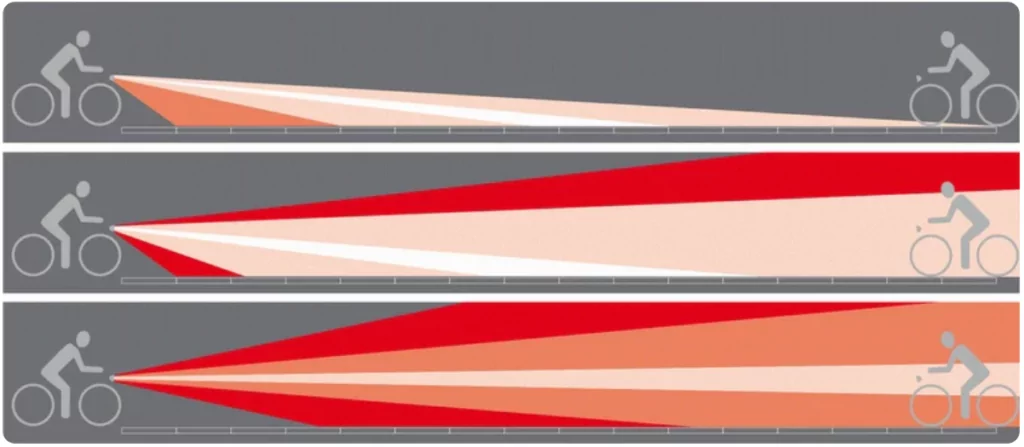
STVZO (Straßenverkehrs-Zulassungs-Ordnung) is one of the most critical standards in the realm of bicycle lighting, ensuring compliance with legal requirements while enhancing the safety and convenience of cyclists. Adhering to these stringent standards is essential for providing effective illumination and meeting the necessary regulations for bike lights. Designing an STVZO-compliant light involves a deep understanding […]
Understanding K Correlation in Optical Design: Managing Stray Light and Light Scattering

In this article, we will explore a critical aspect of optical design: the K correlation, and how it plays a pivotal role in managing issues such as stray light and light scattering in optical systems, and we will discuss the Bidirectional Scattering Distribution Function (BSDF) in greater detail. The Significance of K Correlation In optical […]
Optimized Solutions for Underwater Optics Design
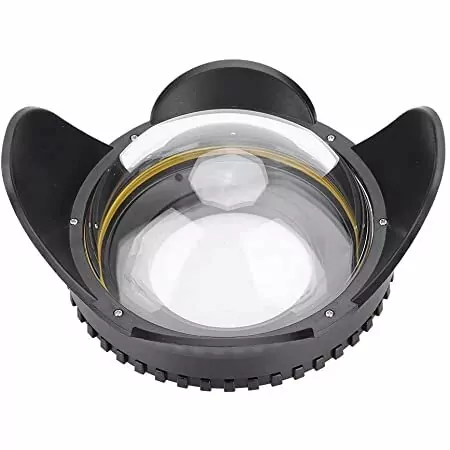
Underwater optics play a crucial role in the design of underwater camera lenses, where a large number of variables come into play. As with every optical system design, the selection of cameras, lenses, housings, and operational parameters greatly influences the performance of the complete system. Determining the correct combination of components is what experienced optical […]
Master Lighting Design: Understand Radiometric vs. Photometric Data for Perfect Illumination
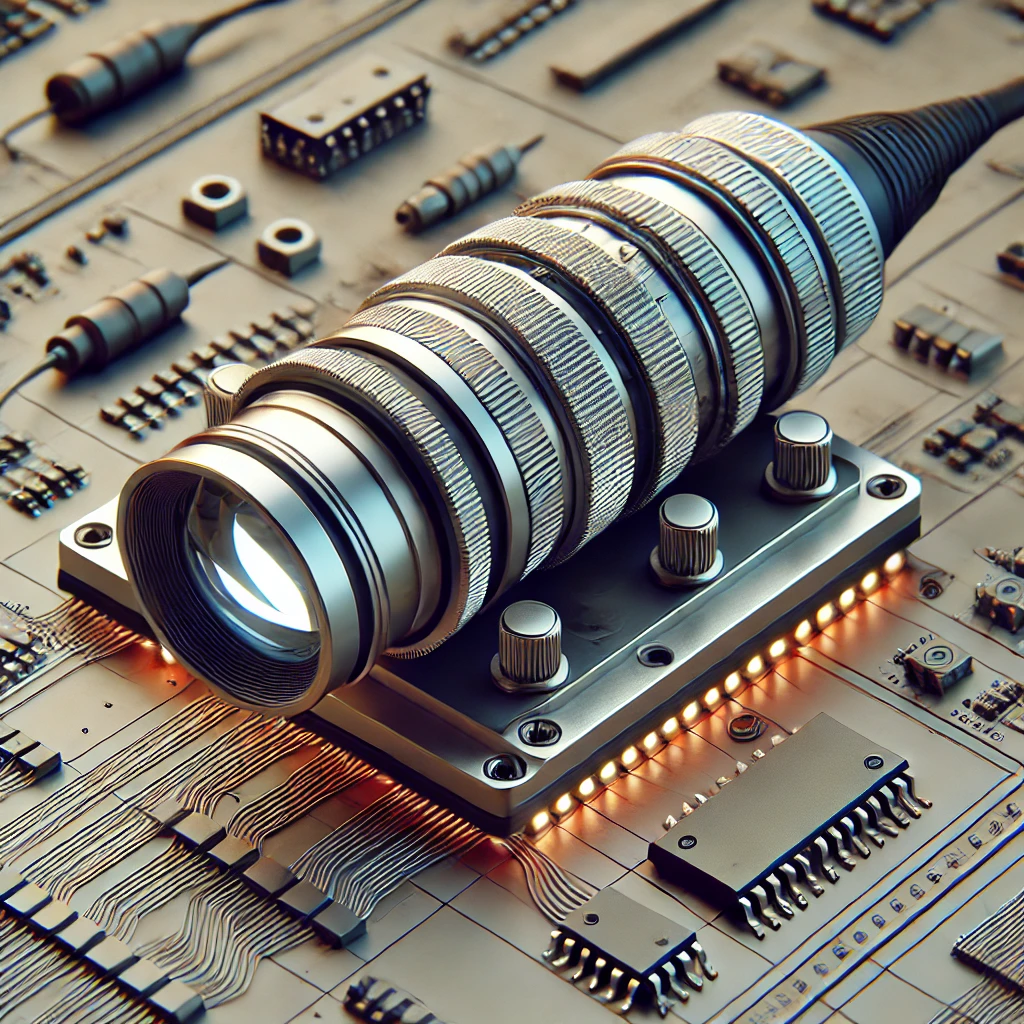
In the world of lighting design, we encounter a variety of metrics that describe the performance and effectiveness of a light source. Recently, we had a customer provide an illumination specification in watts, which is a radiometric unit, but for applications involving human vision, such as architectural lighting or display technologies, optical engineers typically work […]
RXI Collimators explained
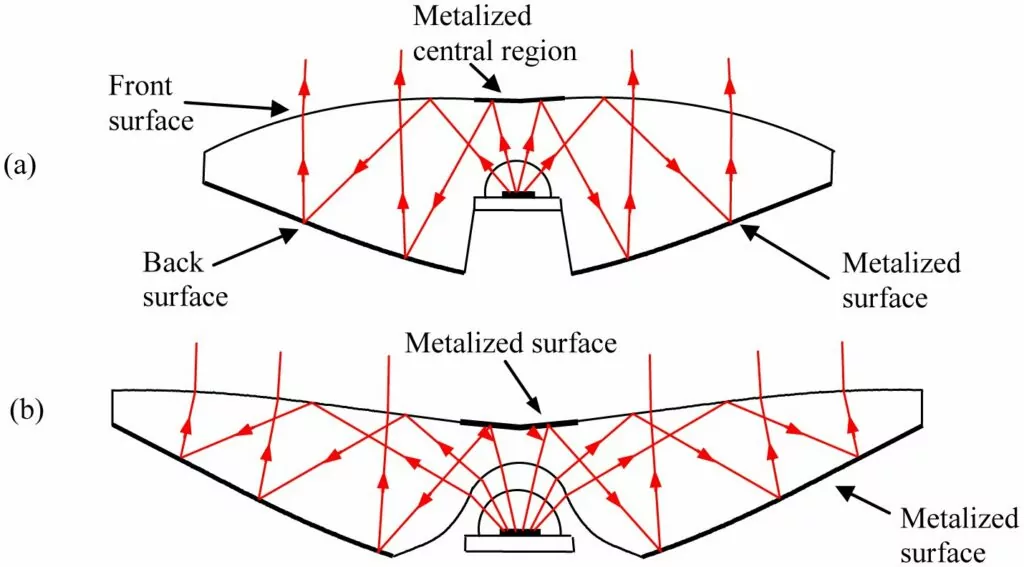
Optical RXI collimators, also called non-imaging concentrators are optical components that can collect and project light from a source. Common examples include solar collectors that concentrate the sun’s light and project it to heat a surface or direct it to solar panels. Another application is to control the hemispheric radiation of an LED. Non-imaging concentrators […]
Design considerations for microlenses and lensarrays
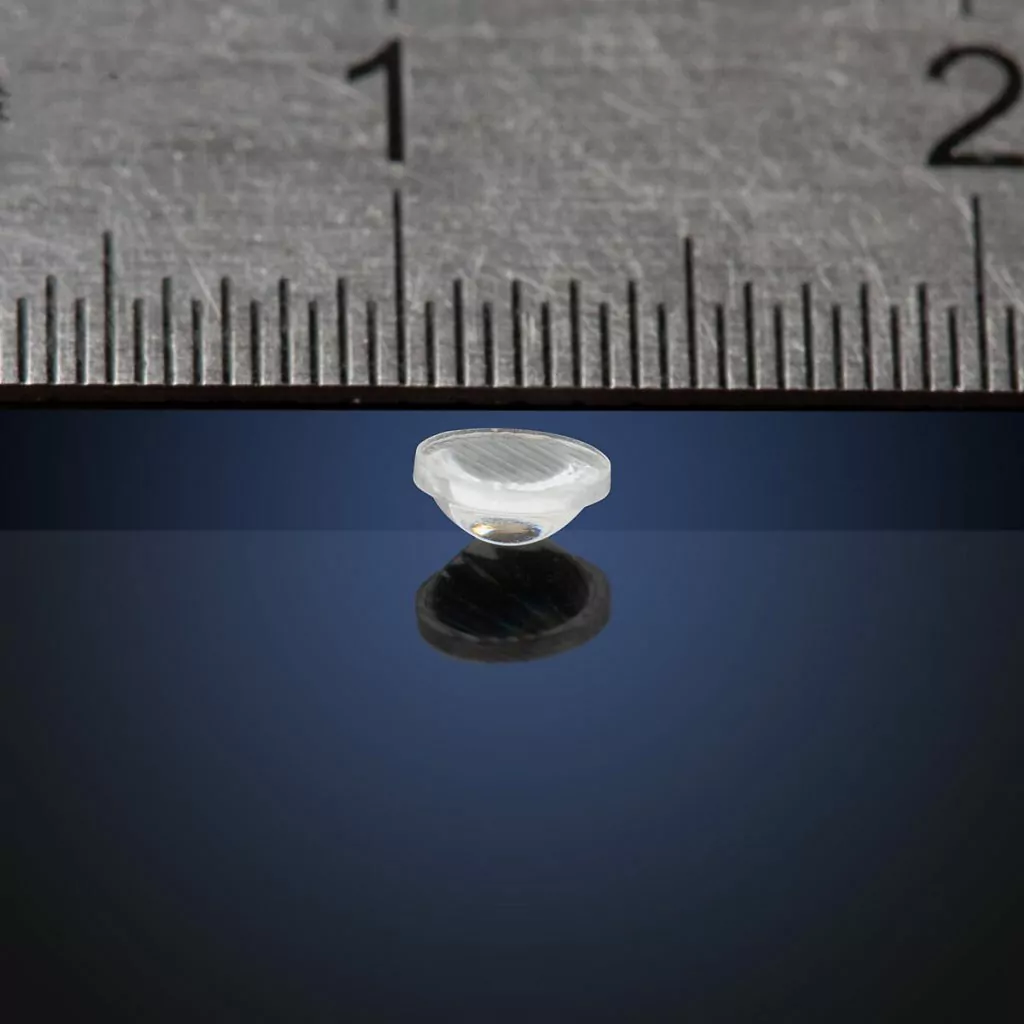
As optical systems are reduced in size, we encounter new engineering challenges when analyzing and designing lenses. These are issues that we usually don’t see when working with larger elements. This article will review some of the challenges when designing microlenses. A small lens is roughly defined as a lens with a diameter lower than […]